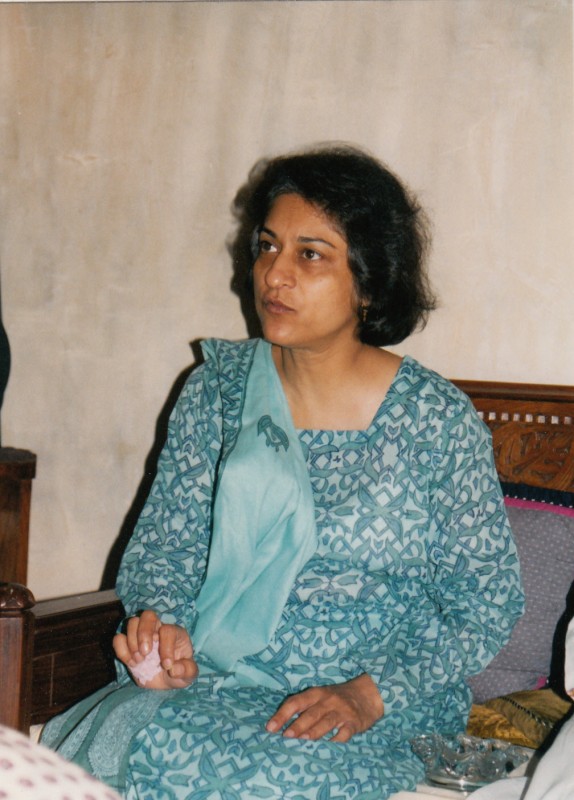My essay Countdown, was written against the background of the Indian and Pakistani nuclear tests of May 1998. It appeared in The New Yorker of October 19, 1998.
In 1999 my Indian publisher Ravi Dayal issued an expanded version as a short book, under the same title (Countdown, Ravi Dayal, New Delhi, 1999).
It was also included in my essay collection Incendiary Circumstances (Houghton Mifflin, 2005).
In the course of writing Countdown I travelled to many places – Kathmandu, Lahore, Islamabad, New Delhi, Bombay, Pokhran, Leh and the Siachen Glacier – and interviewed a great many people: activists, journalists, soldiers, generals, strategic thinkers, diplomats, experts, politicians, physicists and of course, many bystanders and ordinary citizens. For most of these interviews I took notes; only a few were recorded and later transcribed. As is so often the case only small fragments of these interviews made their way into Countdown. Re-reading these interviews now it seems to me that there is much in them that is still relevant so they will appear on this site as an extended series of posts.

Asma Jahangir is to my mind one of the most admirable figures of our time. As far as I am concerned if anyone deserves the Nobel Prize for Peace it is Asma Jahangir.
I met Asma when I traveled to Lahore in August 1998. Before the meeting, a friend said: “If you put Asma on one side and a million men on the other, there would still be no doubt about who would win.” This led me to expect someone larger than life, but Asma Jahangir proved to be a slight, diminutive woman with the wiry intensity of a high-tension cable.
Asma is the daughter of an opposition politician who was one of the most vocal critics of the Pakistan army’s operations in what is now Bangladesh. She spent her teenage years consulting with lawyers on behalf of her frequently-imprisoned father. “When my father was called to court was when we, his children, used to see him,” she told me. “For me the court was a place where justice was given and where you met your father.”
For her defence of the rights of religious minorities, Asma has received many death threats. Members of her family have been attacked and taken hostage, her home has been broken into. As we spoke, a unit of black-uniformed bodyguards stood outside, drowsing beside their kalashnikovs.
My interview with Asma was recorded on August 29, 1998; she was then 46.
AG: “Travelling around Pakistan the last few days, I’ve got a sense of impending crisis, really deep crisis. Do you think I’m wrong?”
Asma Jahangir: “Well, I cannot recall any one month when Pakistan has not gone from crisis to crisis – and I mean from way back, from the 1960s up to now. But at that time (in the 1960s) the crisis was more related to domestic politics and it didn’t seem as though it was going to be insurmountable. Over the years I think people are getting the feeling that we have looked away from a lot of problems and we have got ourselves into a situation where it is becoming impossible for our leaders to take stock of things and to reconcile themselves to the fact that we have to change everything around for the country to survive at a comfortable level.”
to be continued…

